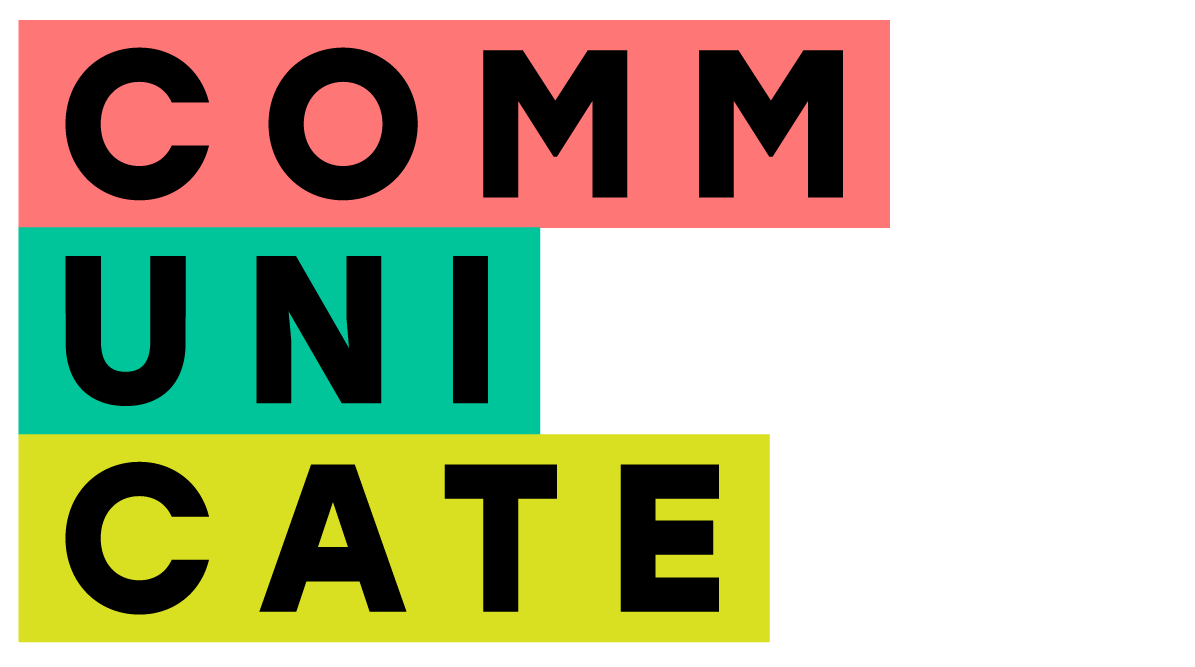Banter, Bullying & Stereotyping
“It’s just a bit of banter”, “We’re only joking” – words that will surely be familiar to most readers, whether you have heard them in the workplace or with friends, or even family.
Banter is a core part of the working experience, and for many people, it’s what has drawn them to their role. Within a team, they feel they can work together while also being friendly.
But there’s another side to banter too. When the jokes go too far, or those making them don’t consider who’s on the receiving end, banter can quickly turn sour and become bullying. If you’re someone who already feels excluded, isolated or unrepresented in your workplace, this may only enhance those feelings.
Here are some key tips and takeaways to help all businesses create a more inclusive workplace where everyone feels represented.
Banter or bullying?
The line between banter and bullying can seem blurry at times, but the truth is that bullying contains four elements. It is intentional, hurtful, repetitive and often takes place along the lines of a power imbalance, for example from a manager to a junior employee.
Bullying also includes any negative language or behaviour in relation to a protected characteristic under the Equality Act 2010, ranging from age to sex (gender), disability, gender reassignment, marriage and civil partnership, pregnancy and maternity, race, religion or belief, or sexual orientation.
It’s also important to remember that language and behaviour can have different meanings in different contexts. Don’t think about what you meant, think about what they heard or felt.
Just because someone uses certain language to refer to themselves, doesn’t necessarily mean that it’s acceptable for you to use the same. People won’t always feel confident to challenge or speak up if they are offended, so the simple fact that no one is complaining doesn’t mean that the banter hasn’t gone too far, and moved into bullying.
Stereotyping
Stereotypes are characteristics imposed on a group of people because of their race, nationality, age or sexual orientation – or indeed any other aspect of their identity. Stereotyping reduces someone down to an assumption that because of a single part of their identity, they are just the same as everyone else with the same characteristic.
Imagine being judged based on a single part of who you are.
Consider how you would feel if, as an older reader, your colleagues assumed that you were useless with technology and not very innovative, or if someone assumed that because you don’t have a degree, you are less ambitious than your colleagues. These are assumptions that less represented groups in the workplace deal with daily, but they are not necessarily something that the majority of the industry thinks about day to day.
The way to combat stereotyping is to recognise that we all have biases – unconscious reactions that we’ve learnt, even as children, and should relearn now. Stop and think through what you’re saying or how you’re acting, actively question yourself.
It’s also OK to be curious, to ask questions as long as they are appropriate, and learn more about a group that you feel you might stereotype in your head sometimes. The more we learn, the more we realise that everyone is just another person with many of the same issues and worries we have ourselves. Even following a diverse range of people on LinkedIn can be a way to break out of the echo chamber and interact with different groups with different identities.
Employers have the power to act, introducing training and championing the workplace culture that they want to see from their employees. One-to-ones with managers and new policies can help less represented groups feel included, listened to, and therefore able to speak up when they have been stereotyped or bullied by a colleague.
The road ahead
The more we talk, the more we work, and the more we educate ourselves – the better the sector that we love will be at attracting and retaining the best and brightest. We should all strive to reach a place where we all feel happy going to work in the morning.
